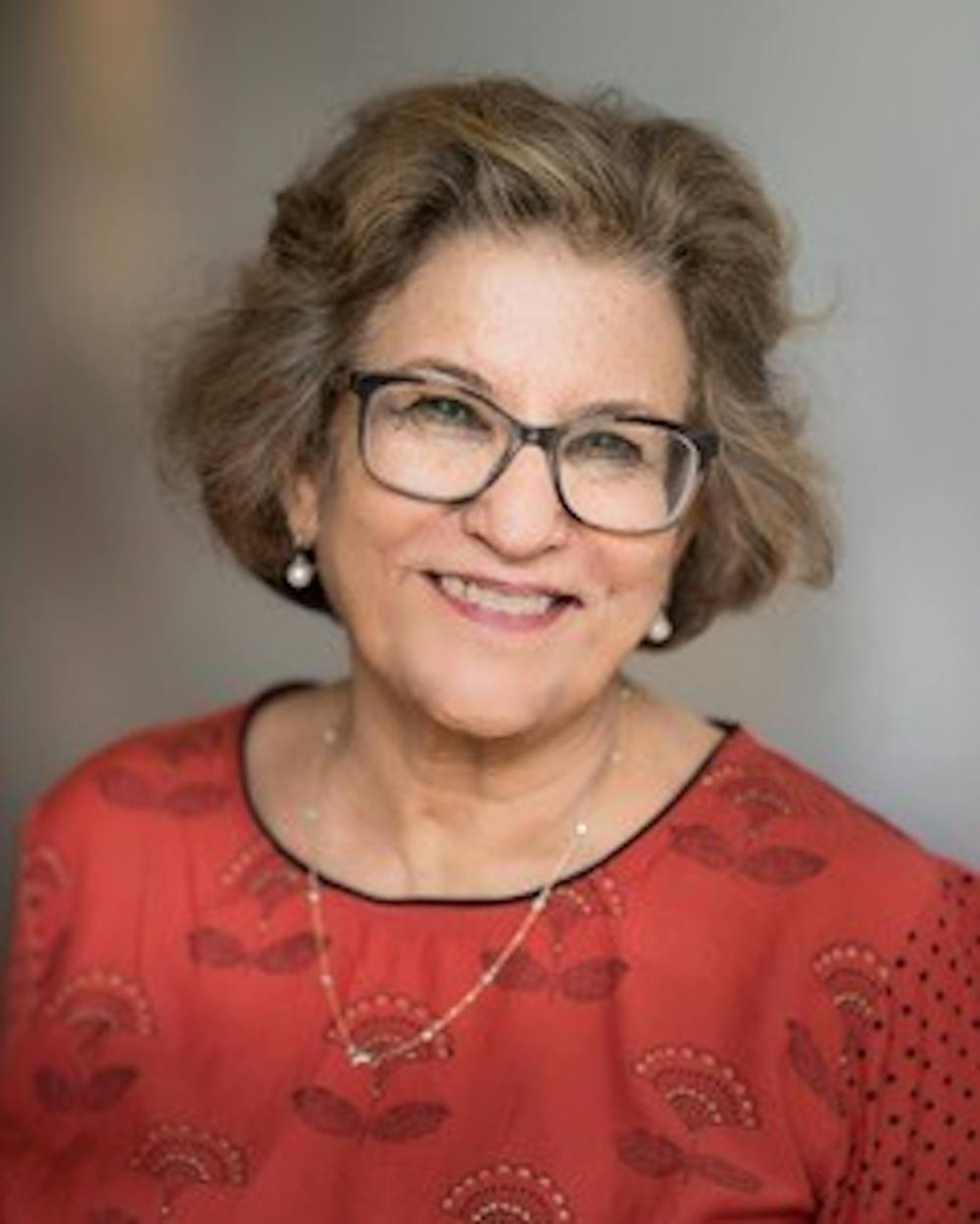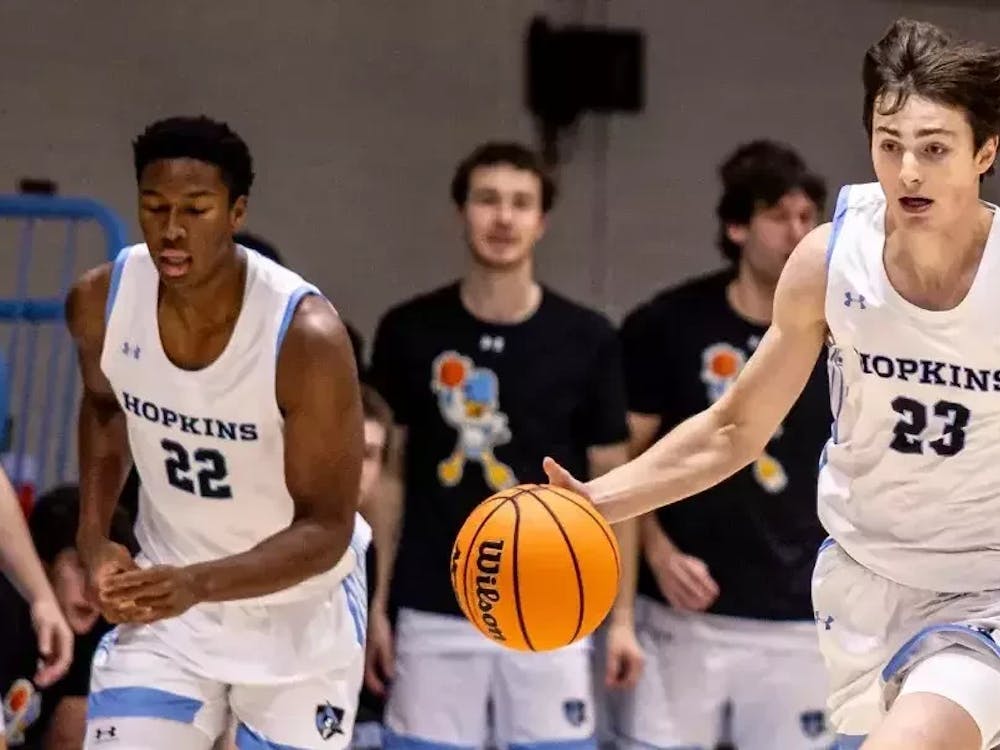It is difficult to neatly pigeonhole Veena Das’ research endeavors. A Kreiger-Eisenhower Professor of Anthropology, Das is a scholar of Indian anthropology, the anthropology of violence and social suffering and ways of producing knowledge.
But there is one unifying factor to her diverse research interests: the way Das positions the ordinary as her lens for understanding human life.
Life is full of quotidian details and occurrences. The challenge, according to Das, is not to find the ordinary, but to recognize it. For her, violence and human rights have an intriguing relationship with the ordinary.
“When one says that human rights require special dispensation, it is sometimes assumed that one must escape from the ordinary into a rarefied field,” Das said in an interview with The News-Letter.
Das believes that human rights should be interwoven into everyday life, rather than as a force which is completely set apart or imposed from somewhere else.
In her work on violence and social suffering, the use of power to suppress is palpable. A driving force in her work, Das says, is seeking to disrupt a particular picture of the world from being stabilized by certain exercises of power.
Recently, she has felt compelled to parse the escalating religious tensions in India, specifically to study the way that federal rules are used to target Muslims and imprison them.
“I’ve been trying to take apart the question of the use of torture in prisons. I really want to work with some of the people who were affected by these draconian laws,” Das said.
According to Das, to ignore such situations is to allow those in power to dictate the narrative.
“Very often one runs up against those who will do everything to block certain lines of thought or use their power to stop certain things from coming to light,” she wrote in an email to The News-Letter. “I always tell myself, they may have the power, but they do not have the idea; in the short run power might win, but to keep alive the idea is what keeps me going.”
For Das, multiple ideas keep her going. She counts philosophy, medicine, literature and politics among her interests.
But anthropology, she says, gave her the frame within which her interests could be pursued.
For her PhD dissertation and her first book, Das analyzed two Sanskrit (an ancient Indo-European language) texts: the Dharmaranya Purana and the Grihya Sutra of Gobhila.
These texts include myths. On closer inspection, Das says, they can inform notions of classical questions, like: “Can a thought really be about nothing?” Das believes that these texts possess the potential to expand current modes of thinking.
But there is a problem; such texts are not available to the contemporary student unless students are willing to dedicate 20 years of their life to learning Sanskrit, reading the texts and then spending time to understand them.
Das should know because that is exactly what she did. And she believes that there is an obligation to make the thoughts in those texts available to future generations.
That has been her goal since she was a PhD student, and she notes that she still has “a long way to go.” But Das often gets caught up with issues that are more immediate.
One of these immediate issues was a study that she was involved with which investigated the delayed diagnosis of patients with tuberculosis in poor and rural communities in India.
In those communities, not all providers have formal biomedical training. Some are trained in alternative medicine, while others have only completed apprenticeships.
But all these providers prescribe a certain line of treatment for their patients. The researchers hypothesized that the delays were due to differences in providers’ skill sets.
To test their hypothesis, they hired locals to simulate standardized patients. Das designed the story that the hired patients would tell their healthcare providers. The design was critical for the study’s success.
“In order to have the doctor interpret the answer to a history question, the simulated patient has to give the right answers,” she said. “Otherwise we cannot assess the quality of the doctor because the patient’s answer might point to another diagnosis.”
The results were surprising. The study did not find a significant difference between providers with a medical degree and those without one. Instead, it revealed an interaction between the functioning of the private and public medical sectors.
The study is an example of the non-traditional and interdisciplinary research that Das is known for.
For most anthropologists, research involves doing ethnography, and Das is no exception; she considers just walking in low-income areas in Delhi and looking at what occurs in the streets to be an education.
She has also used archival work, textual studies, and developed the technique of using simulated standardized patients.
As for the interdisciplinary undertones of her research, Das says that she doesn’t consciously decide to collaborate with academics in other disciplines. Rather, collaborative studies are a natural consequence of being open to different tactics of solving a problem.
“In my own practice the main question is ‘What are you trying to understand and how can collaboration with others with different perspectives help to take a problem further?” she said.
These traits, among others led the British Academy for the humanities and social sciences to describe Das as “one of the most influential and productive of social anthropologists writing today.”
When asked her secrets for conducting ground-breaking and innovative research, Das replied that passion is the key.
“There are many, many, different ways in which we might come to define our place in the world but if you can learn to find out for yourself what is it that genuinely moves you- that is probably what might make ideas live for you - not lifeless words but the thrill of finding that you can do something in the way that makes sense to you,” she said.





